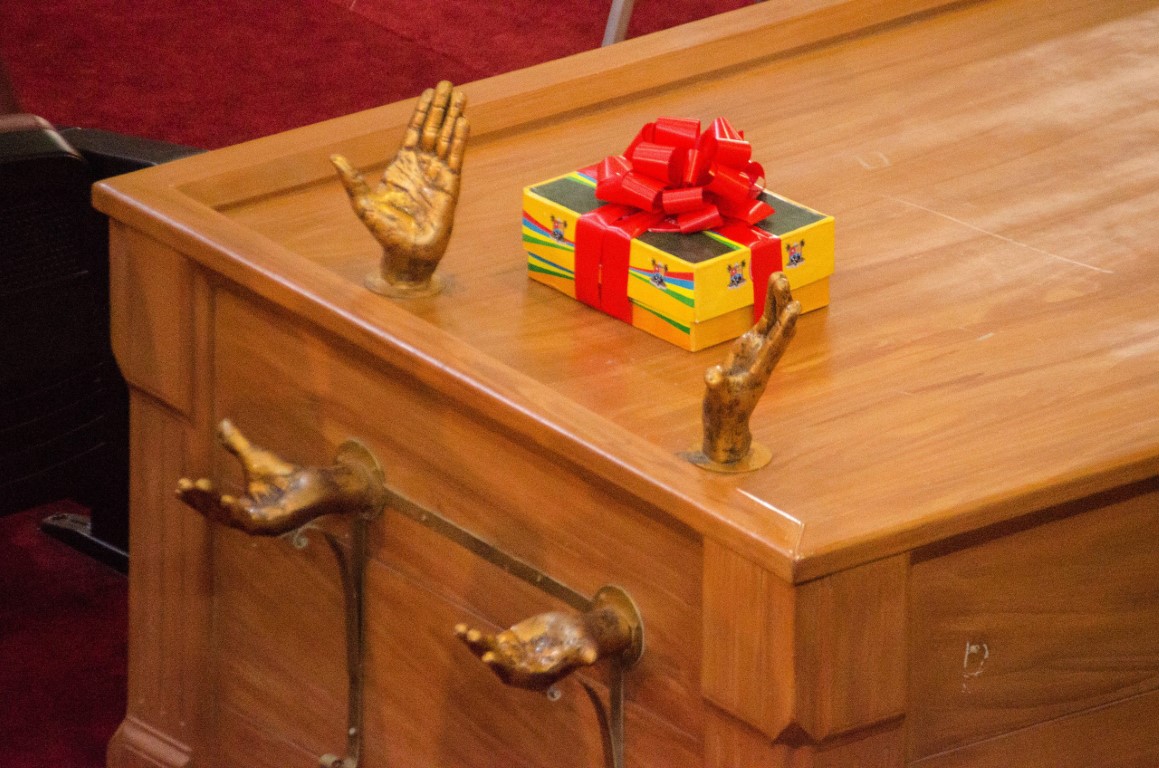The Nigerian government has reviewed downwards its 2020 budget from $27.1bn to $26.9bn to reflect its revenue challenge brought about by global oil price slump.
The country’s budget deficit now stands at $13.5bn, with the country only able to fund its budget through direct revenue to the tune of $13.22tn.
The government hopes to finance the deficit through foreign loans from the International Monetary Fund, World Bank and the Islamic Development Bank and the Afro-Exim Bank. Funding is also expected from domestic loans and proceeds from the privatization of government assets.
Announced alongside the budget review at the Federal Executive Council meeting on Wednesday was a second downward review of the oil benchmark to $25. The original benchmark was $57 until the government reviewed it downward to $30 as COVID-19 caused a crash in oil prices.
Nigeria’s Brent crude prices stand at $30.08 as of Thursday morning and some stability is expected in this price for some months. According to Goldman Sachs, Brent crude would stay in the $30 range in 3Q.
Daily crude oil production in Nigeria is now 1.94 million barrels per day, according to the Minister of Finance, Budget and National Planning, Zainab Ahmed.
“There will also be some drawdown of previously committed loans for major ongoing projects that we will be drawing from both existing facilities as well as some special accounts with the approval of Mr. President and the National Assembly,” Ahmed said.
Few days ago, Nigeria obtained a $3.4bn loan from the IMF to meet its urgent balance of payment needs. It was the first loan in history of Nigeria to come from the global lender. The loan is in form of Rapid Financial Instrument (RFI) which does not come with strict conditionalities.
However, with Nigeria’s external debt level now at $27bn and external reserves declining to $35.6bn as of March 30, only a vigorous pursuit of a diversification policy can help save the economy from over-reliance on oil and the uncertainty that now come with it.

